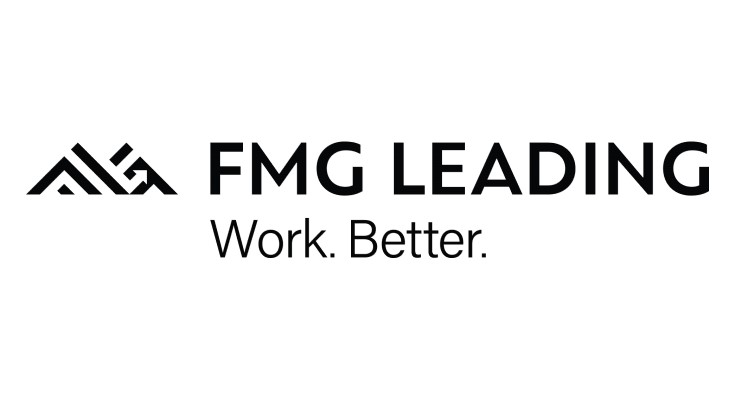
News
November 05, 2025
AI and Hybrid Care Are Reshaping Healthcare’s Next Big Investment Frontier
PHILADELPHIA, PA — A new report from FMG Leading signals that the next wave of healthcare transformation will come from the convergence of artificial intelligence and hybrid care delivery models. ...
**PHILADELPHIA, PA** – The healthcare industry is on the cusp of a major evolution, driven by the potent combination of artificial intelligence (AI) and hybrid care, according to a new report from FMG Leading. This convergence is poised to redefine how healthcare services are delivered and consumed, marking a significant shift in investment priorities within the sector.
The report highlights that healthcare organizations are increasingly recognizing the transformative potential of AI in streamlining operations, improving diagnostic accuracy, and personalizing treatment plans. Simultaneously, the rise of hybrid care models, blending in-person and virtual consultations, is addressing accessibility challenges and catering to evolving patient preferences.
What exactly does this mean for the average person? Imagine a future where AI algorithms analyze your health data to predict potential risks, allowing for proactive interventions before serious problems develop. Picture receiving personalized care plans tailored to your specific needs, delivered through a combination of virtual check-ins with your doctor and convenient in-person visits when necessary. This is the promise of AI-powered hybrid care.
FMG Leading's report suggests that investors are taking notice. The healthcare industry, often slow to adopt new technologies, is now seeing a surge of interest in companies developing innovative solutions that leverage AI to enhance hybrid care delivery. This includes companies focused on remote patient monitoring, AI-powered diagnostic tools, and platforms that facilitate seamless communication between patients and healthcare providers.
The integration of AI into hybrid care models is not without its challenges. Concerns surrounding data privacy, algorithmic bias, and the need for robust cybersecurity measures must be addressed to ensure responsible and equitable implementation. However, the potential benefits are undeniable. By harnessing the power of AI, healthcare organizations can improve patient outcomes, reduce costs, and create a more efficient and accessible healthcare system for all. The report signals a future where technology plays a central role in shaping the next generation of healthcare, making it a critical area to watch for both investors and consumers alike.
The report highlights that healthcare organizations are increasingly recognizing the transformative potential of AI in streamlining operations, improving diagnostic accuracy, and personalizing treatment plans. Simultaneously, the rise of hybrid care models, blending in-person and virtual consultations, is addressing accessibility challenges and catering to evolving patient preferences.
What exactly does this mean for the average person? Imagine a future where AI algorithms analyze your health data to predict potential risks, allowing for proactive interventions before serious problems develop. Picture receiving personalized care plans tailored to your specific needs, delivered through a combination of virtual check-ins with your doctor and convenient in-person visits when necessary. This is the promise of AI-powered hybrid care.
FMG Leading's report suggests that investors are taking notice. The healthcare industry, often slow to adopt new technologies, is now seeing a surge of interest in companies developing innovative solutions that leverage AI to enhance hybrid care delivery. This includes companies focused on remote patient monitoring, AI-powered diagnostic tools, and platforms that facilitate seamless communication between patients and healthcare providers.
The integration of AI into hybrid care models is not without its challenges. Concerns surrounding data privacy, algorithmic bias, and the need for robust cybersecurity measures must be addressed to ensure responsible and equitable implementation. However, the potential benefits are undeniable. By harnessing the power of AI, healthcare organizations can improve patient outcomes, reduce costs, and create a more efficient and accessible healthcare system for all. The report signals a future where technology plays a central role in shaping the next generation of healthcare, making it a critical area to watch for both investors and consumers alike.
Category:
World